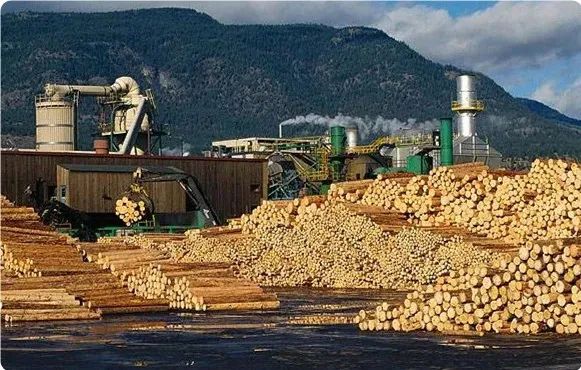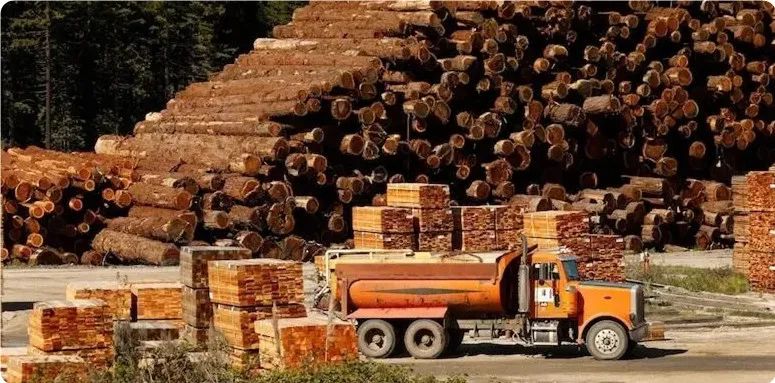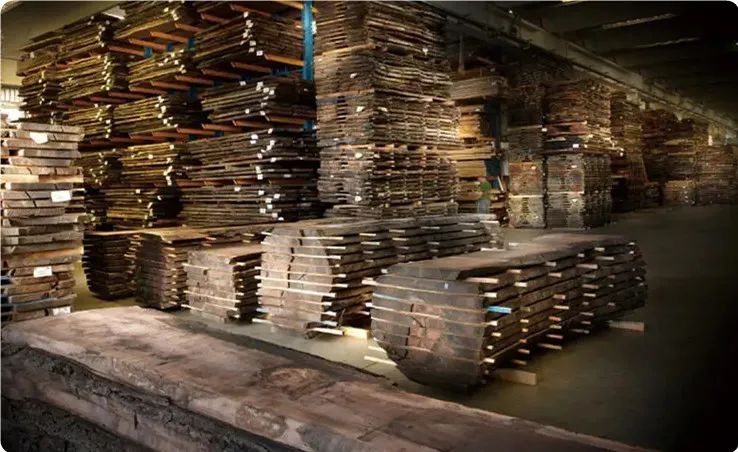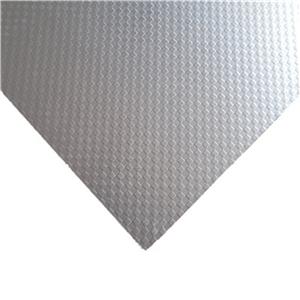European timber prices soar 100%-300%
With gas and electricity prices skyrocketing, many homes in Europe are turning to firewood this winter as an alternative or reserve heat source.
Currently, there are shortages of timber and firewood in various European countries, leading to high prices.

Firewood prices in countries such as Germany and Belgium have increased by about 2.5 times, EU news site Euractiv reported this month.
From July 2022, the EU ban on the import of Russian wood pellets for energy production comes into effect, with knock-on effects across the supply chain.
Firewood prices in countries such as Germany and Belgium have increased by about 2.5 times, EU news site Euractiv reported this month.
From July 2022, the EU ban on the import of Russian wood pellets for energy production comes into effect, with knock-on effects across the supply chain.

Lumber prices have skyrocketed.
In Poland, the price of lumber has also nearly doubled from a year ago.
Firewood prices in Slovakia have doubled on average compared to last year.
There are similar phenomena in Albania, Kosovo and Serbia outside the EU.
German TV reported on September 5 that there is a serious shortage of timber in Germany.
According to the statistics of the German Furniture Industry Association, in 2021, Germany will export 146,000 cubic meters of oak, of which 40% will be sold to China; a total of 560,000 cubic meters of beech, of which 255,000 will be exported abroad, and Chinese exports will account for almost 46% of exports.
Mobbs, managing director of the Federal Association of German Sawmills and the Wood Industry, said the lack of wood supply was the biggest challenge facing the industry. As a result, the industry as a whole has been cutting production over the past few months.
"Sawmills are having unprecedented problems getting hardwood from the forest for domestic processing," she complained.
Timber prices have risen sharply this year, doubling or tripling depending on the type of wood, Immo Haus, head of Germany's koho firewood company, which sells wood in nearly 270 cities, told Southwest Radio and Television.

Almost all hardwood species in Europe are now used as firewood, such as oak, chestnut, maple, birch, etc.
But these are still not enough, and coniferous industrial woods such as spruce are now in high demand as firewood.
At the same time, in addition to being used as a heat source, wood is also supplied to other industries.
Sawdust is used to generate electricity, and the paper industry relies on beech.
A generalized supply shortage is driving up lumber prices significantly.
House believes that with the severe situation facing the timber market now, it is necessary to prepare for the next two severe winters.
German TV 1 reported that the EU currently does not restrict timber exports.
A person in charge of the German Wood Industry Association said that in the field of wood products and processed products, the European Union traditionally pursues the concept of an open market.
The EU is effectively the only region in the world with no major export restrictions on raw materials, but this could also change with timber shortages.

The Bulgarian Ministry of Agriculture issued an order on August 18 to ban the export of wood to non-EU countries until November 17 this year, in order to solve the shortage of wood for ordinary people and the wood processing industry.
Bulgaria's timber demand has tripled due to high fuel prices. The Hungarian government has also begun restricting firewood exports. While not outright banned, it gives the government the power to control exports and potentially stop sales abroad altogether.
In Slovakia, panic over supplies led to calls for a ban on exports, but the Agriculture Ministry ruled that out.




